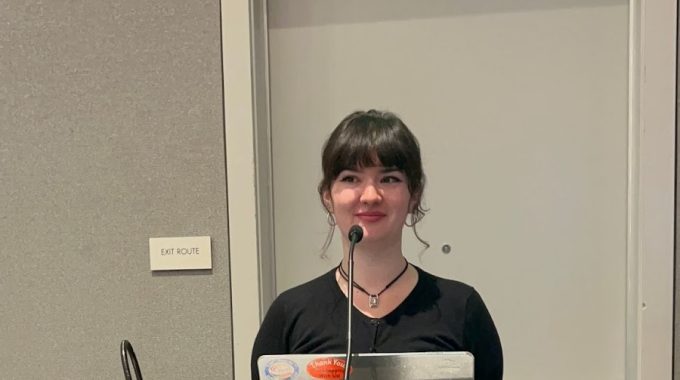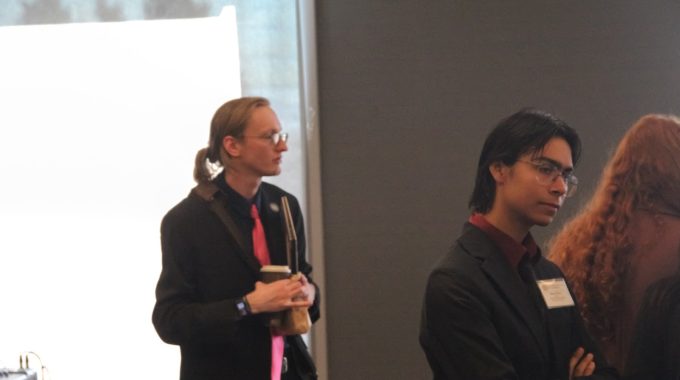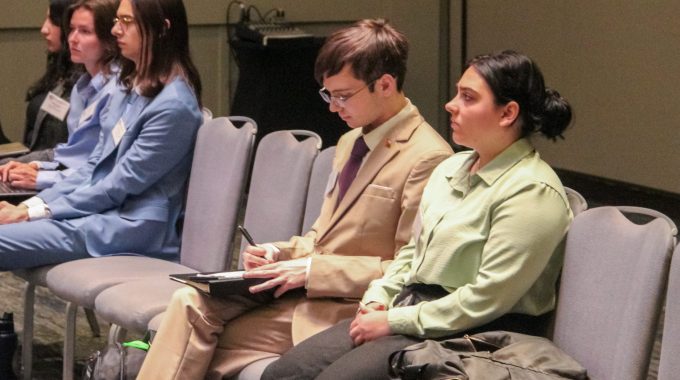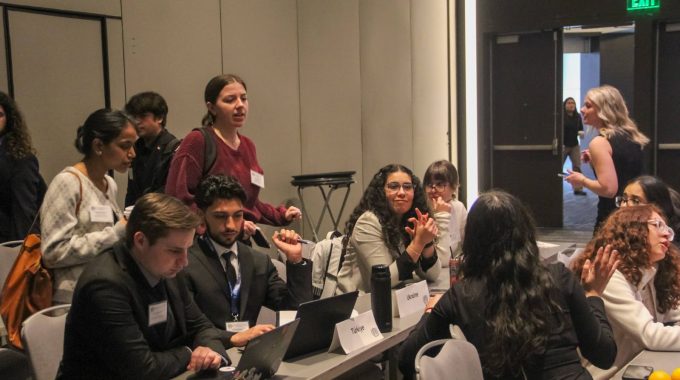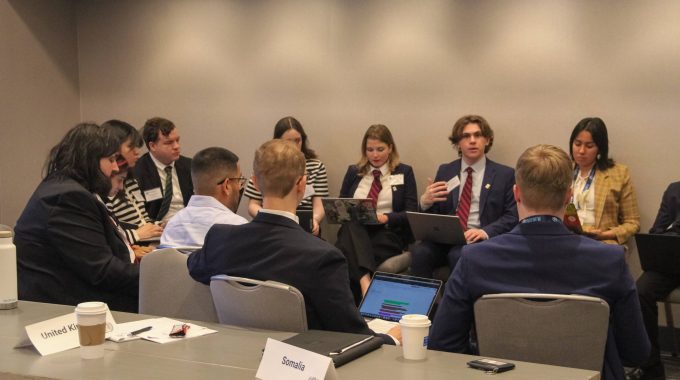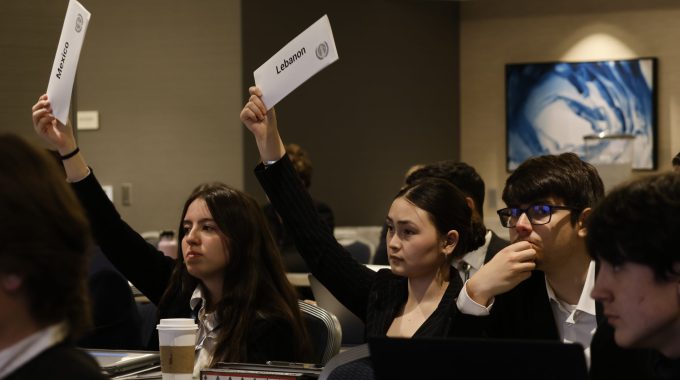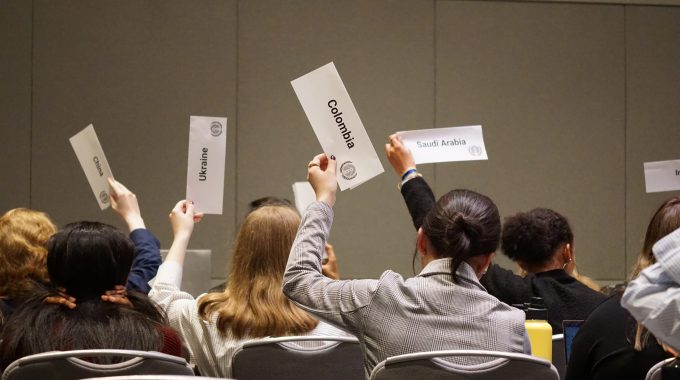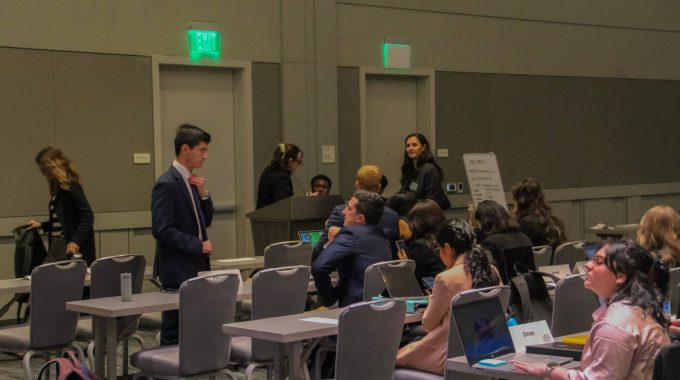From War-Torn Landscapes to Renewable Futures: Environmental Accountability at the MUNFW Environmental Assembly
At the Model United Nations Far West Environmental Assembly (UNEA), one delegate emphasized the urgent need to address the environmental devastation caused by armed conflict. Drawing attention to the effects of chemical weapons, heavy artillery, and unsustainable military practices, the delegate highlighted how warfare has led to ecosystem collapse, water contamination, and the depletion of natural resources in conflict zones.
A central proposal was the creation of protected “safe zones”—geographically designated areas shielded from military engagement to preserve biodiversity, land integrity, and water sources. The delegate also called for international accountability frameworks to define and prosecute wartime ecocide, as well as research into alternative military strategies that minimize ecological harm.
This initiative sparked notable support and discussion among other nations. Rwanda backed the proposal, urging both short- and long-term solutions to achieve the United Nations Sustainable Development Goals by 2030. Iran raised concerns about the feasibility of protecting natural resources within designated safe zones, while France acknowledged its historical role in environmental degradation—particularly referencing its colonial legacy—and offered to collaborate on reparations and ecological rehabilitation.
In an interview, the delegate expanded on their country’s broader environmental strategy, noting efforts to reduce oil dependence by investing in renewable energy—particularly in the agricultural sector. Although fossil fuels currently make up the vast majority of the nation’s exports, the delegation emphasized that environmental sustainability is increasingly viewed as a national priority. The development of safe zones was framed as both an environmental and economic necessity in balancing resource protection with long-term energy goals.
As the UNEA continues its deliberations, these proposals underscore the committee’s growing focus on environmental justice, wartime accountability, and sustainable development—even in regions still healing from the legacy of conflict.
Saajan Paudel
World Press Reporter
San Francisco State University

